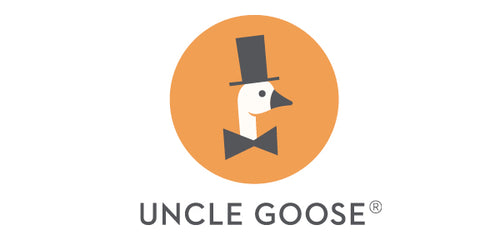
Haptics: Are tactile interfaces the future?
You’re online right now, obviously. And if you’re on your phone or tablet, pay attention to your fingers while you’re reading this.
What are your hands doing? What tactile or haptic information are they receiving?
Chances are good that your fingers are sliding over glass. And if that’s the case, then you’re receiving very little tactile learning going on. There’s no haptic information. You’re largely dependent on your eyes to navigate the phone’s interface.
Contrast this to a tactile learning framework and a haptic interface. This is where you learn or understand how to navigate through your sense of touch.
Think of it like this: your hands know how to do all kinds of things without visual assistance. If you pick up a book, you can flip to somewhere around the middle without looking. That’s because your hands understand the distribution of weight.
If someone hands you a ball and a block, you know which one is which by touch. You know how to feel around each object for clues to their identity.

Many people navigate the world through touch.
Think of all the things you know how to do with your eyes closed. You can probably tie your shoes. Drink a glass of water. Eat an ice cream cone. Wash your hands.
You weren’t born knowing how to do any of these things. You came to this knowledge through hands-on experience or tactile learning. What else can you do with your eyes closed?
 Can you play the guitar or ukulele with your eyes closed?
Can you play the guitar or ukulele with your eyes closed?
Developing your sense of touch in the real world is a key survival skill. You need to practice tactile learning while you’re young; and keep it up consistently.
Practice touching things as a child. You’ll come to understand important sensations like hot, cold, far, near, over, under, around, and through.
Enjoy tactile learning as an adult. You’ll discover the thrill of picking up a full glass of your favorite icy beverage on a hot summer day.
Humans learn to navigate their environments largely through their sense of touch. Touch is a key survival skill You’ll know that if an object moves at you quickly, you need to jump out of the way because it will hurt.
Spark a conversation: Is distracted driving solely do to a lack of visual attention? Or does smart phone use among young people promote a lack of sensitivity to how things might actually feel? Is it a little bit of both? Or is it neither?
Ask insightful questions: Smart phones have been with us for around 10+ years: are their days numbered? Will their popularity fall in favor of devices with haptic interfaces that allow us to enjoy richer tactile experiences? Or are smart phones here to stay?
Either way, we can all agree that putting down your phone and enjoying nature is a brilliant thing to do. Wiggle your toes in the sand. Touch the water. Pick up a feather, flower, or rock.
Your hands will not learn from the experience; your brain will probably enjoy the real-world sensation.
